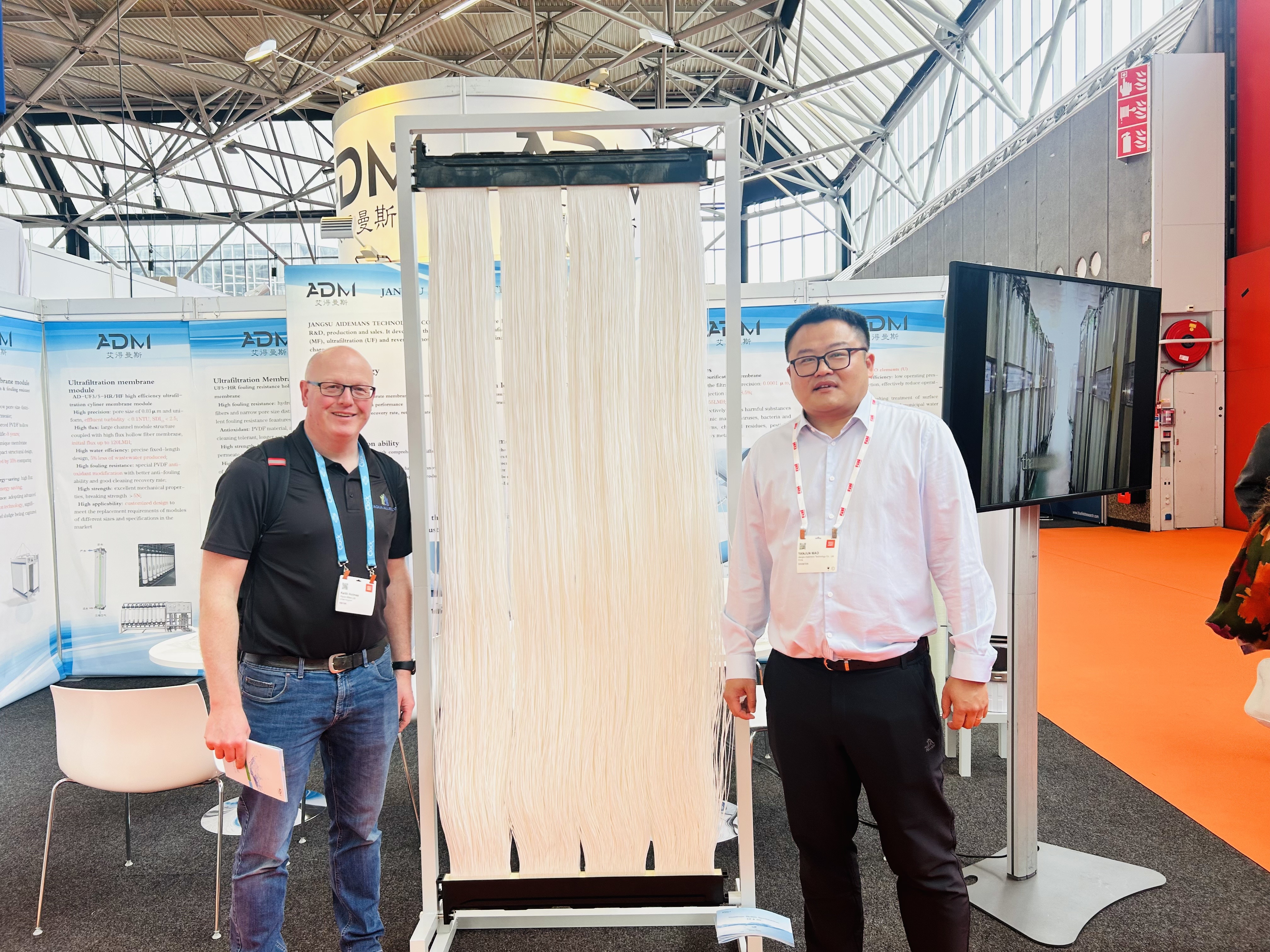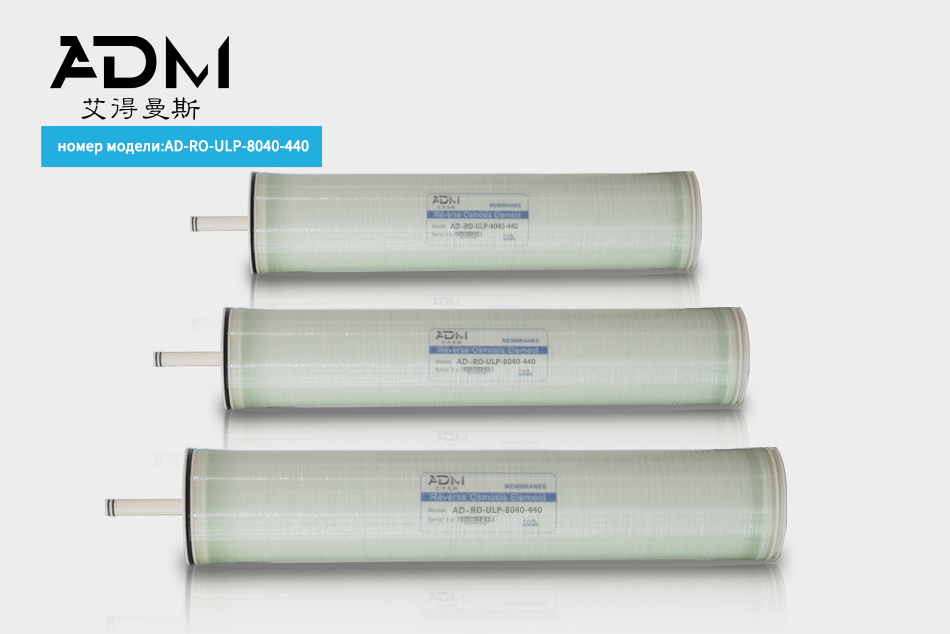Understanding Reverse Osmosis LPI: A Key Component in Industrial Filtration Systems
Release time:
2025-07-14
Reverse Osmosis LPI, or Low-Pressure Industrial, refers to a specific type of reverse osmosis system designed for industrial applications that require efficient water purification. Reverse osmosis (RO) itself is a technological process that uses a semi-permeable membrane to separate contaminants from water. The process is essential in various industries, such as food and beverage, pharmaceuticals,
Reverse Osmosis LPI, or Low-Pressure Industrial, refers to a specific type of reverse osmosis system designed for industrial applications that require efficient water purification. Reverse osmosis (RO) itself is a technological process that uses a semi-permeable membrane to separate contaminants from water. The process is essential in various industries, such as food and beverage, pharmaceuticals, and electronics, where water quality is crucial to product integrity.
One of the key advantages of Reverse Osmosis LPI systems is their ability to remove a wide range of impurities, including dissolved salts, microorganisms, and organic molecules. The low-pressure aspect indicates that these systems operate efficiently at lower pressure levels, making them energy-efficient and cost-effective for large-scale operations. This efficiency can lead to significant savings in energy costs over time, which is a primary consideration for industries aiming to reduce operational expenses while maintaining high production standards.
In industrial settings, the quality of water used can significantly impact the final product. For instance, in the pharmaceutical industry, even the slightest contamination in water can affect drug purity, making Reverse Osmosis LPI systems invaluable in ensuring compliance with strict quality standards. Similarly, in the food and beverage sector, high-quality water is essential for producing safe and tasteful products. Using Reverse Osmosis LPI systems helps manufacturers meet these requirements by providing consistent water quality.
Moreover, the technology behind Reverse Osmosis LPI is continually evolving. Innovations in membrane technology and system design are leading to enhanced performance and reduced maintenance needs. Some systems are now equipped with advanced automation features that allow for real-time monitoring and adjustments, ensuring optimal operation at all times. This modernization not only increases the reliability of the water purification process but also extends the lifespan of the equipment involved.
It's important to note that while Reverse Osmosis LPI systems offer numerous benefits, they also require regular maintenance to function effectively. This includes routine cleaning of the membranes and periodic replacement to prevent fouling and scaling, which can significantly reduce their efficiency. Understanding these maintenance needs is essential for anyone considering integrating such systems into their operations.
In conclusion, Reverse Osmosis LPI is a vital technology in the industrial filtration landscape. Its ability to deliver high-quality purified water while maintaining energy efficiency makes it an attractive option for various industries. By investing in this technology, companies can ensure their water supply meets the highest purity standards, thus safeguarding their products and enhancing overall operational efficiency.
One of the key advantages of Reverse Osmosis LPI systems is their ability to remove a wide range of impurities, including dissolved salts, microorganisms, and organic molecules. The low-pressure aspect indicates that these systems operate efficiently at lower pressure levels, making them energy-efficient and cost-effective for large-scale operations. This efficiency can lead to significant savings in energy costs over time, which is a primary consideration for industries aiming to reduce operational expenses while maintaining high production standards.
In industrial settings, the quality of water used can significantly impact the final product. For instance, in the pharmaceutical industry, even the slightest contamination in water can affect drug purity, making Reverse Osmosis LPI systems invaluable in ensuring compliance with strict quality standards. Similarly, in the food and beverage sector, high-quality water is essential for producing safe and tasteful products. Using Reverse Osmosis LPI systems helps manufacturers meet these requirements by providing consistent water quality.
Moreover, the technology behind Reverse Osmosis LPI is continually evolving. Innovations in membrane technology and system design are leading to enhanced performance and reduced maintenance needs. Some systems are now equipped with advanced automation features that allow for real-time monitoring and adjustments, ensuring optimal operation at all times. This modernization not only increases the reliability of the water purification process but also extends the lifespan of the equipment involved.
It's important to note that while Reverse Osmosis LPI systems offer numerous benefits, they also require regular maintenance to function effectively. This includes routine cleaning of the membranes and periodic replacement to prevent fouling and scaling, which can significantly reduce their efficiency. Understanding these maintenance needs is essential for anyone considering integrating such systems into their operations.
In conclusion, Reverse Osmosis LPI is a vital technology in the industrial filtration landscape. Its ability to deliver high-quality purified water while maintaining energy efficiency makes it an attractive option for various industries. By investing in this technology, companies can ensure their water supply meets the highest purity standards, thus safeguarding their products and enhancing overall operational efficiency.


